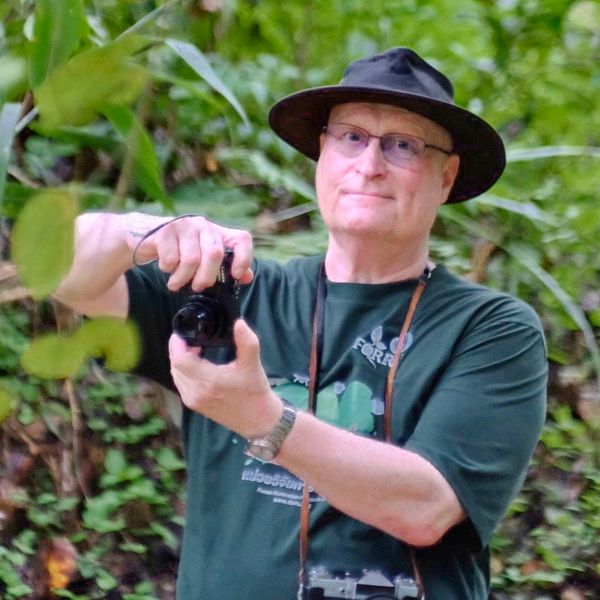Genetic variation and gene flow among Prunus cerasoides D. Don populations in northern Thailand: analysis of a rehabilitated site and adjacent intact forest

Pakkad, G., S. Al Mazrooei, D. Blakesley, C. James, S. Elliott, T. Luoma-Aho & J. Koskela, 2008. Genetic variation and gene flow among Prunus cerasoides D. Don populations in northern Thailand: analysis of a rehabilitated site and adjacent intact forest. New Forests 35:33-43
Contributors
ABSTRACT: This study describes the level of genetic variation and gene flow within and among populations of Prunus cerasoides in rehabilitated sites and adjacent intact forest.
Seven microsatellite loci were used to detect a total of 75 alleles (n = 401). Polymorphic information content (PIC) varied from 0.34 to 0.83. Genetic differentiation between the adult populations was moderate, with an F ST value of 0.0575, which suggests that restoration plots had a similar genetic composition to that of the natural population.
The gene flow assessment provides some interesting insights into the genetic diversity of P. cerasoides. In the 16 naturally occurring trees, more than 83% of the genotyped seeds were fathered by unidentified trees, whereas in restoration plot A, only about 32% of the pollen came from an unidentified father. This proportion was even less in Plot C, where 25% of the pollen parents were unidentified. The naturally occurring trees within Doi Suthep were surrounded by planted trees, which were contributing to the paternity of the seed crop. This result demonstrates that ‘‘fill in’’ planting should consist of locally sourced material, if conservation of the genetic integrity of local populations is considered important.



